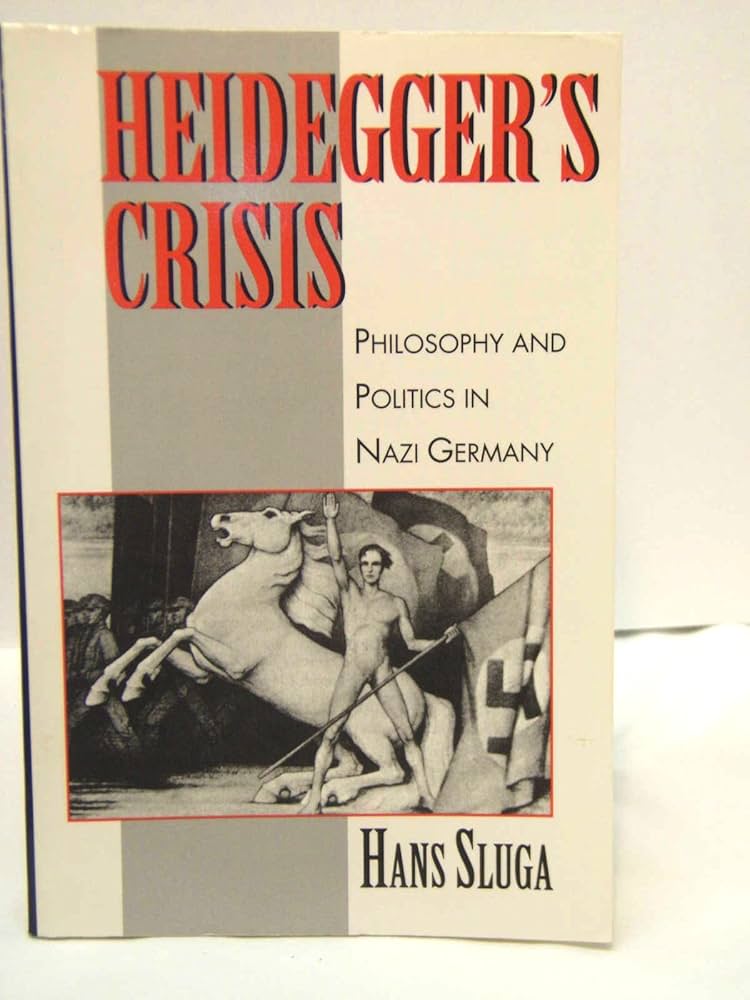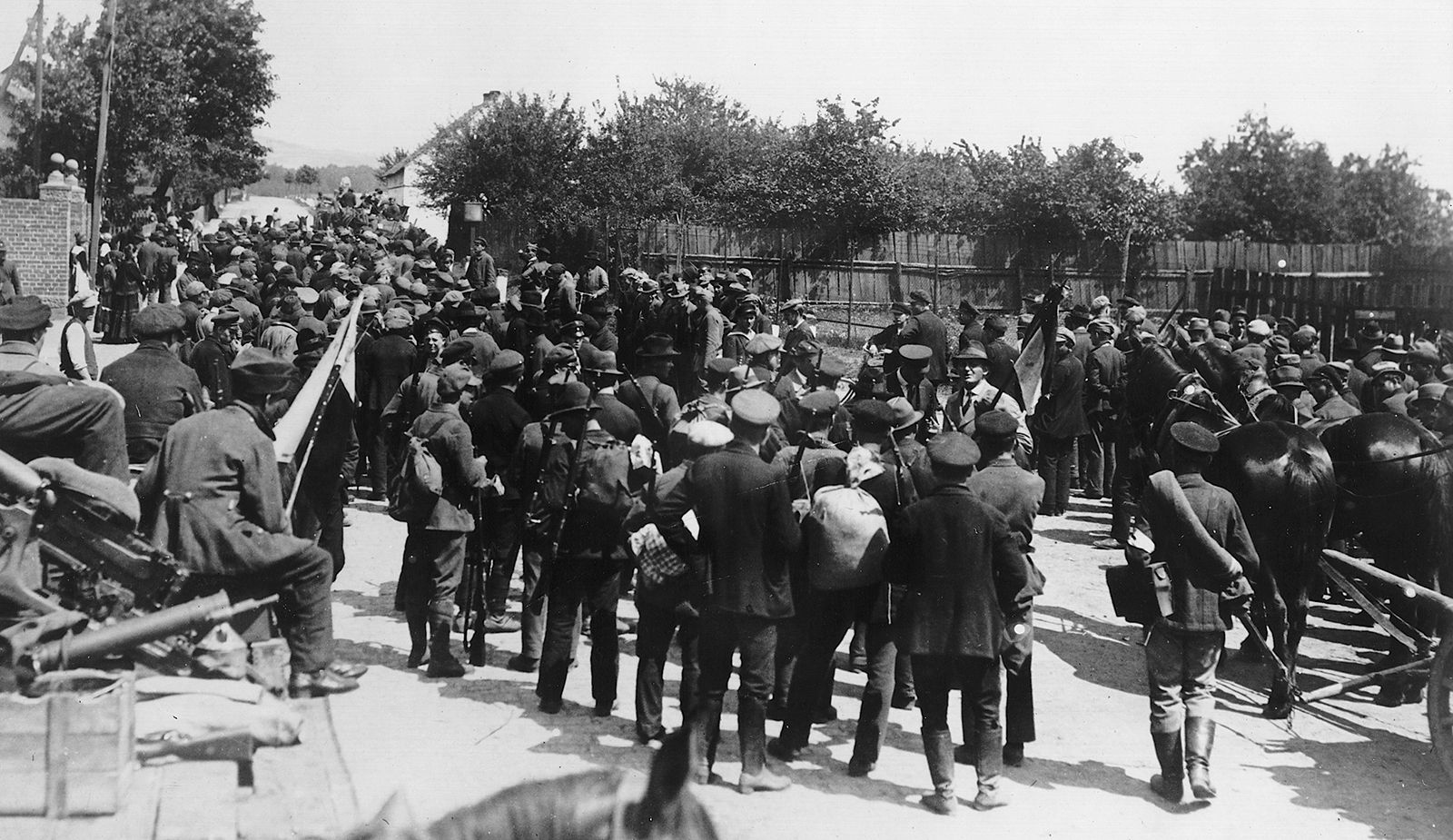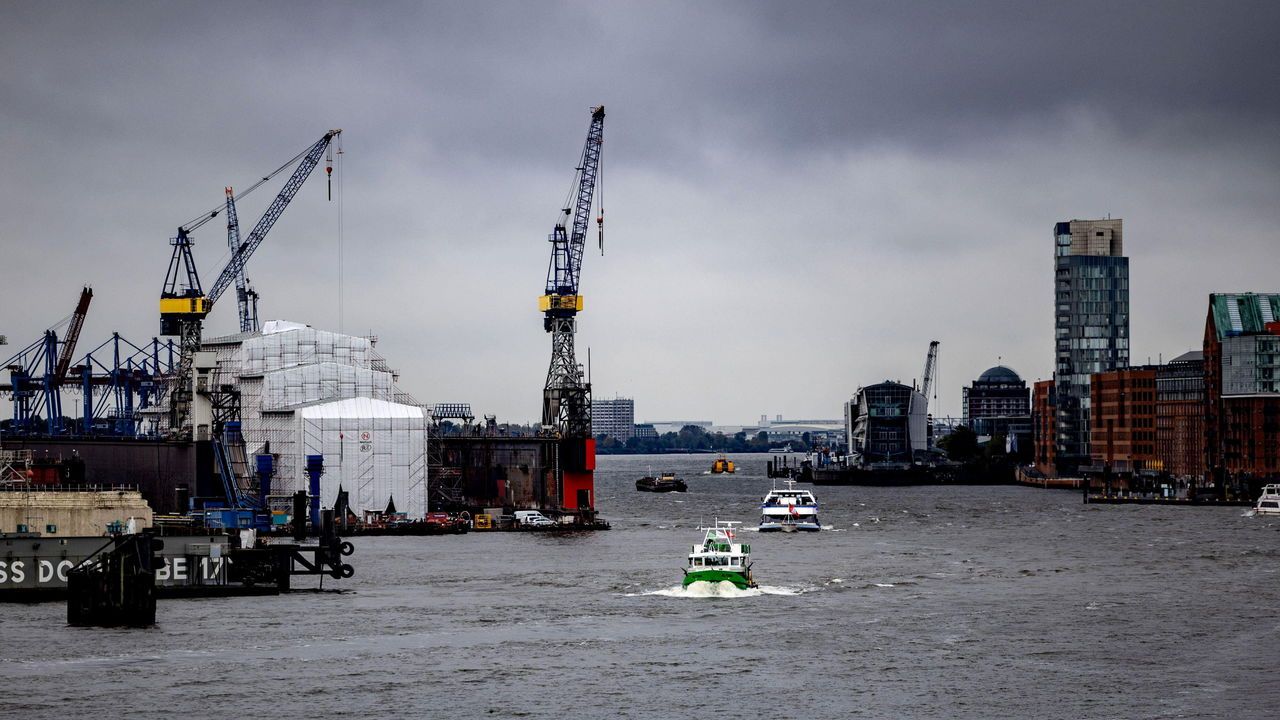
Navigating the Crossroads: Germany’s Political Turmoil and Its Economic Implications
The recent political upheaval in Germany, marked by the looming prospect of early elections and internal discord within the governing coalition, has raised significant concerns about the country’s financial management. As Chancellor Olaf Scholz’s administration stands at a precipice, the ramifications for German citizens and the economy could be profound.
The Rise of Jörg Kukies
In a significant development, Jörg Kukies, an economic adviser to Chancellor Scholz, is poised to take over the finance ministry from Christian Lindner. This shift marks a crucial moment as Germany grapples with persistent tensions over budgetary and economic policies. Kukies’ appointment may signal a shift towards more decisive fiscal strategies intended to stabilize the economy and restore confidence among investors and the public alike.
 Germany’s political landscape in flux.
Germany’s political landscape in flux.
The coalition government, made up of the SPD, the Greens, and the FDP, has faltered due to incessant disputes over budget allocations and economic priorities. With the coalition seemingly fractured, the possibility of an early election looms large, prompting many to speculate about the future direction of Germany’s economic policies.
Immediate Legislative Actions
Amidst this chaotic backdrop, Chancellor Scholz has been vocal about his intent to pass several critical laws before the end of the year. Key among these is the proposal for dismantling the so-called cold progression—an issue that sees citizens burdened by higher taxes despite stagnant wages. This move aims to increase disposable income for households, thereby potentially stimulating domestic consumption and providing a much-needed boost to the economy.
Additionally, measures aimed at stabilizing pensions and implementing immediate industrial support are on the legislative agenda. However, the success of these initiatives hinges on Scholz obtaining the confidence of the Bundestag, or German Parliament, which remains uncertain given the current political landscape.
The Confidence Motion and Potential for Early Elections
On January 15, uncertainty escalates as Chancellor Scholz plans to present a confidence motion in the Bundestag. Observers anticipate a vote that may not favor the Chancellor, thus opening the door for an early dissolution of Parliament. Should this happen, it would pave the way for elections that could fundamentally reshape Germany’s political landscape.
In the absence of a clear majority to pass the 2025 federal budget—compounded by the disruption within the coalition—Germany may find itself in a precarious position. Should a budget fail to be approved, the government might revert to a provisional budget model, severely limiting spending to essential services and legally mandated expenditures.
“In the absence of a budget, we may face stagnation in crucial government spending,” warned economic analysts highlighting the implications for administrative operations.
 Implications of financial policies on the German economy.
Implications of financial policies on the German economy.
As deliberations progress, questions regarding the future of economic growth and recovery remain paramount. Without a cohesive coalition or a feasible budget, the nation’s ability to allocate resources in a manner that promotes stability and growth could be severely hindered.
The Impacts of Political Instability
Political instability not only threatens major policy initiatives but also poses significant risks to investor confidence. The uncertainty surrounding upcoming elections and governmental efficacy can lead to a volatile market response, which may result in unfavorable conditions for both domestic companies and foreign investors considering entry into the German market.
Furthermore, the impending decisions around fiscal policy will likely influence Germany’s standing within the European Union, particularly amidst broader economic recovery efforts post-pandemic. As one of the EU’s largest economies, Germany bears substantial responsibility for the overall health of the eurozone.
Conclusion: The Path Forward
As the political drama unfolds, the choices made by Scholz and his potential successor Kukies will have long-lasting implications for Germany’s economic future. The focus must now shift towards building a stable framework that encourages transparent policy-making and collaborative governance, fostering an environment where both the populace and businesses can thrive.
If successful in navigating these tumultuous waters, Germany could emerge stronger, equipped with renewed strategies to tackle economic challenges head-on. However, this path requires not just decisive leadership but also a commitment from all political stakeholders to work towards the common good of German society.
As Germans look towards potential elections, the overarching question remains: can the fractured coalition unite behind a shared vision for the future, or will political infighting continue to hold the nation back? The stakes couldn’t be higher.














